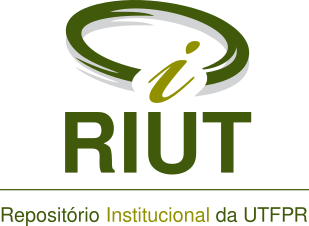Wasabi Japonica antimicrobial effect on pathogenic bacteria and microbiological quality of salmon sushi samples in two establishments in the city of Toledo – PR, Brazil
Resumo
The foodborne illnesses are attributed to ingestion of contaminated food, mainly due to improper handling and lack of sanitary conditions. Foods that are handled and eaten raw, such as traditional Japanese food, sushi and sashimi are targets of global concern. So it is necessary to analyze them to identify microbiological contamination and thus prevent them. The Wasabi Japonica is traditionally consumed with these foods and may have antimicrobial activity. Therefore, the aim of this study was to evaluate the microbiological quality of salmon sushi sold in the city of Toledo - PR and verify the antimicrobial effect of 'wasabi' on pathogenic bacteria. We investigated Salmonella spp., Bacillus cereus, Escherichia coli and Staphylococcus aureus, in samples of salmon sushi and determined the antimicrobial effect of wasabi Japonica, by determining the Minimum Inhibitory Concentration and the disk diffusion test (antibiogram). It was concluded that all the samples of salmon sushi analyzed were considered satisfactory and safe for human consumption, with good quality and within the hygienic-sanitary parameters established by law. Furthermore, the bacteriostatic action was confirmed in the "wasabi" against the pathogens that are possibly detected in these foods.
Palavras-chave
Texto completo:
PDFDOI: 10.14685/rebrapa.v6i3.3497
Apontamentos
- Não há apontamentos.
Direitos autorais 2015

Esta obra está licenciada sob uma licença Creative Commons Atribuição 4.0 Internacional.





